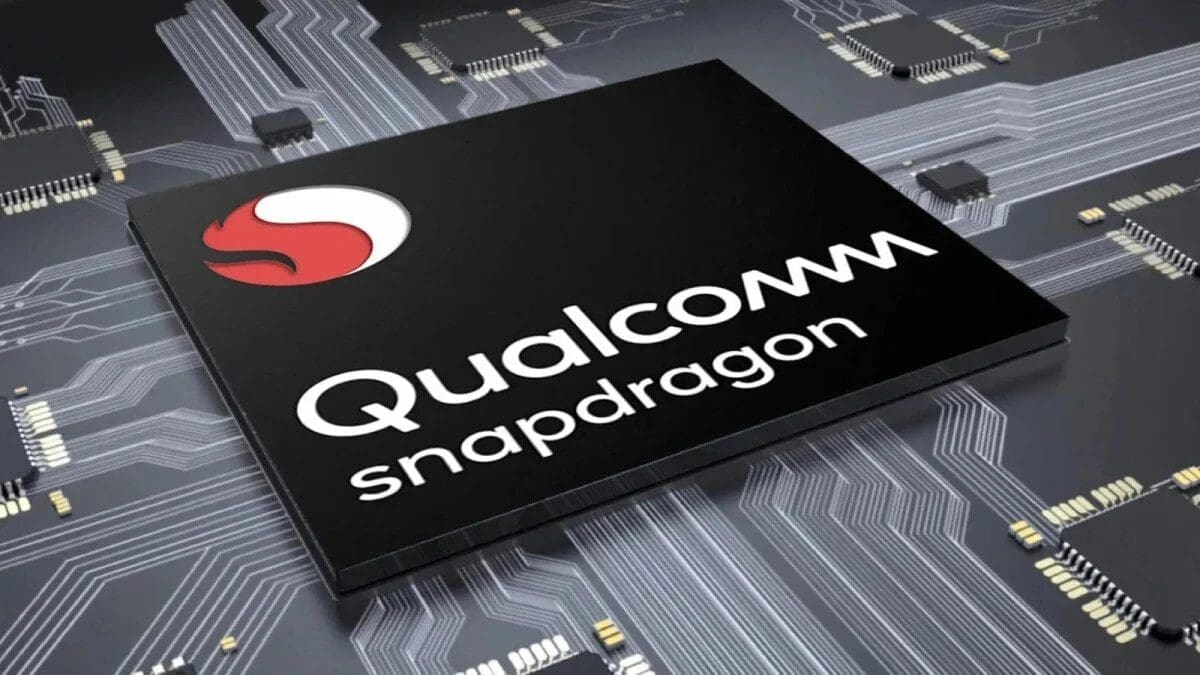Benchmark tests like Geekbench, Antutu, and 3DMark play a crucial role in providing objective scores for smartphone performance, allowing manufacturers and phone enthusiasts to assess their devices. Despite some phone manufacturers gaming the system in the past, these tests remain important in evaluating intangible aspects of phone performance. In a recent Geekbench benchmark battle, the upcoming 4nm Qualcomm Snapdragon 8 Gen 3 chipset and the 3nm Apple A17 Pro chip went head-to-head.
The Snapdragon 8 Gen 3, expected to power flagship Android phones in 2023, performed impressively in the multi-core section of the test, scoring 7494. On the other hand, the A17 Pro outscored the Snapdragon 8 Gen 3 in the single-core test, with a score of 2846.
To achieve its strong performance, the Snapdragon 8 Gen 3 utilizes a 1+3+2+2 configuration. This configuration includes one prime CPU core running at 3.30GHz, three performance CPU cores clocked at 3.15GHz, two more performance CPU cores running at 2.96GHz, and two efficiency CPU cores operating at 2.27GHz. The A17 Pro, on the other hand, features six CPU cores with two performance cores and four efficiency cores. The performance cores run at 3.78GHz, while the efficiency cores run at 2.11GHz.
Considering that the A17 Pro is manufactured using TSMC’s N3B 3nm process node, it may come as a surprise that the Snapdragon 8 Gen 3 outperformed it. With the smaller transistors used in the 3nm process, the A17 Pro theoretically should have more transistors than the Snapdragon 8 Gen 3. This would suggest that the A17 Pro should be more powerful and energy-efficient. However, other factors, such as heat dissipation, can impact a device’s Geekbench score.
It is worth noting that the tested Snapdragon 8 Gen 3 device appears to be an unreleased Xiaomi 14 with 16GB of RAM, while the A17 Pro was tested on an iPhone 15 Pro Max.
In conclusion, the Snapdragon 8 Gen 3 showcased its prowess in the Geekbench benchmark battle, surpassing the A17 Pro in the multi-core section. However, it’s important to consider other factors that can influence a smartphone’s performance beyond benchmark scores. Factors like heat dissipation and overall device optimization also play a significant role in real-world scenarios.










